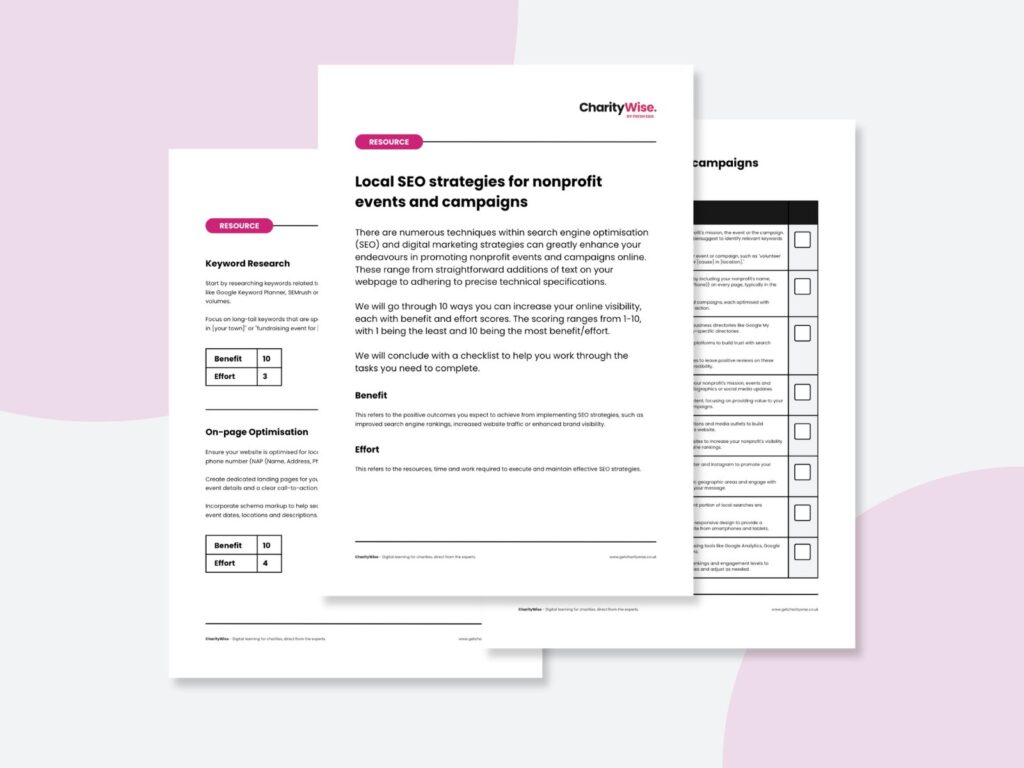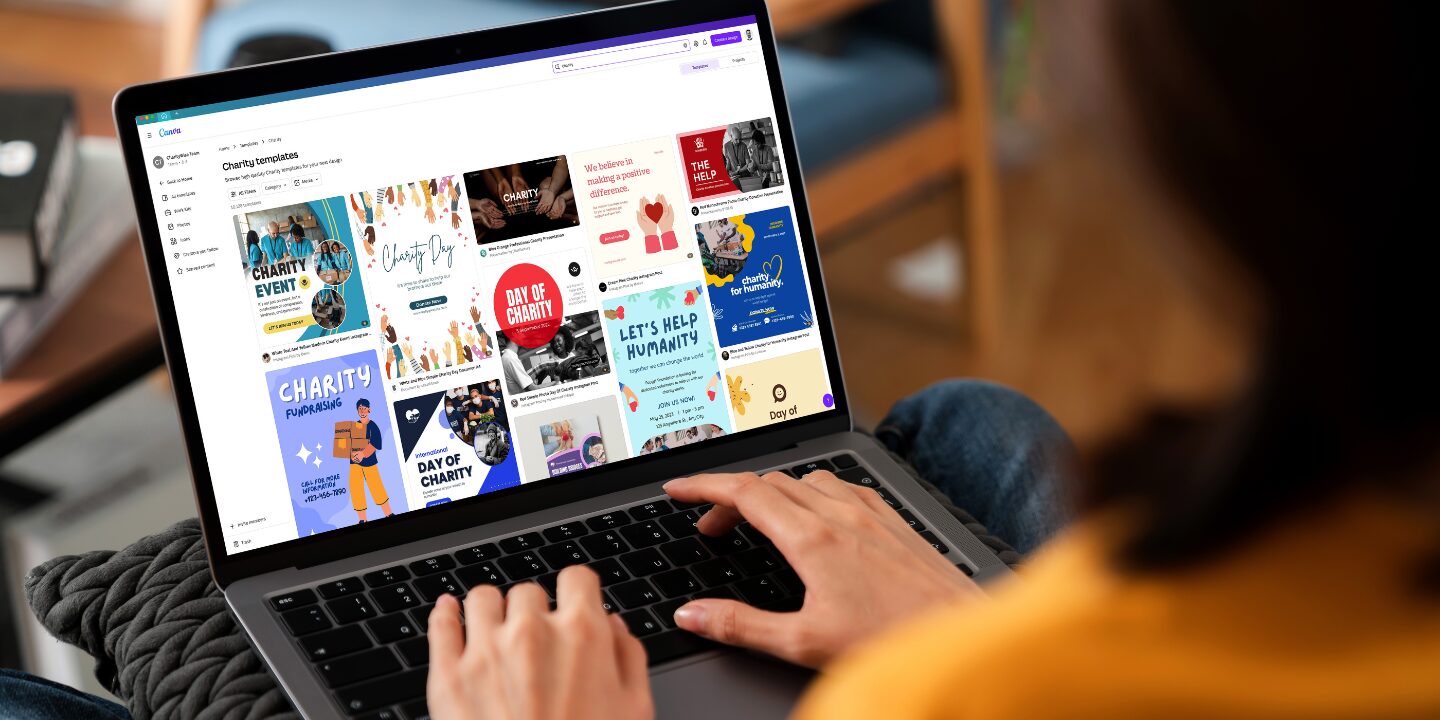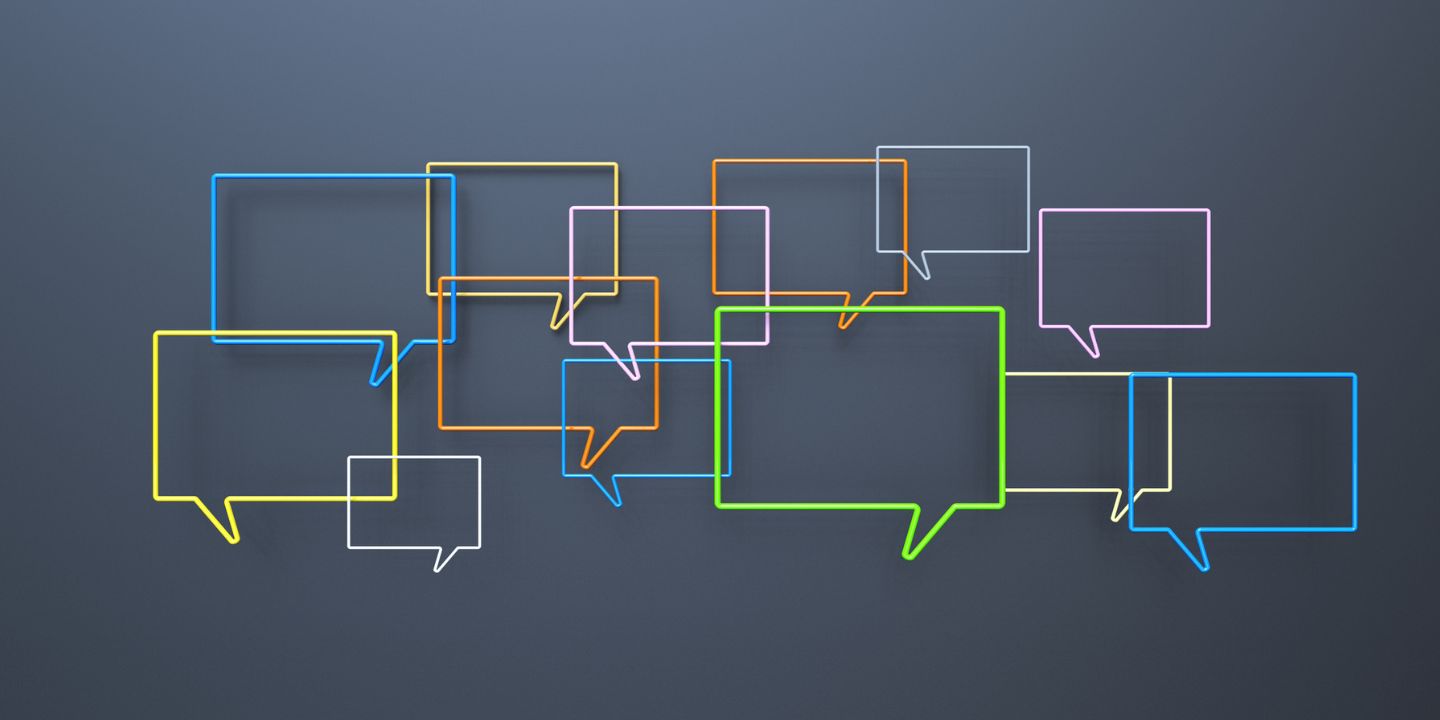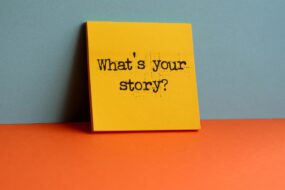

Whether you have an established marketing team or work alone, there are so many useful tools available to help you plan and create high-quality written content for your audience.
Below, we’ve shared a selection of free tools that can help you save time and improve your charity’s content.
For simple keyword research
When it comes to keyword research, if you don’t have paid access to an SEO platform, there are still ways to find relevant keywords for your chosen topic area.
-
SEMRush offers a free trial of their SEO platform and the Keyword Magic Tool is a good place to start. It shows what people are searching for in Google related to your topic, helping you understand what type of content is in demand.
- You can also use Google Search Console (GSC) to find relevant keywords to target when creating content. Its keyword data shows the queries that drive traffic to your site and can highlight areas of opportunity with high and low performing keywords.
Researching content ideas
Don’t waste time creating generic content that doesn’t meet your audience’s needs. You can research potential content ideas for your charity using free tools that show what users are searching for online.
- Answer the public is a search listening tool that shows useful phrases and questions that people are asking related to your topic area. It is easy to use – just enter a term to base your search around (e.g. mental health charity), and you will then see a list of searches that people have made around this term.
- Google Trends is also a great tool that shows topics and search terms that are ‘trending’ or are more popular than usual in Google. You can research topics, locations, and time ranges to see how search interest compares and to identify popular topics in your niche.
Using AI
While AI will never replace human writers, it can be useful in the planning and research stages, particularly when time or resources are limited. We advise always checking the information that it generates before publishing it on your website.
- Our ‘How to use ChatGPT for research and content planning’ guide shows you how to use AI prompts to generate basic keyword research and topic ideas etc.
- Otter is also a helpful AI transcription and note taking tool that can be used in online meetings and creative sessions, saving you time and any concern about missing important information.
Planning your ideas
Planning or mind-mapping content ideas can often be a collaborative process, where team members can share different insights and perspectives.
- Free visual workspace tools like Miro are a great way to note down and develop ideas, as well as share information with other team members. Think of it as a virtual whiteboard!
Managing projects
If you’re managing multiple content projects, it is important to bring all your tasks and workflows together. This not only ensures that work is completed on time but enables you to identify any gaps in your content production process.
- Trello is an essential tool to help plan and manage blog writing and website updates from start to finish. You can allocate tasks and keep track of your team’s progress, all with a clear and user-friendly interface.
Creating content briefs
When creating written content, writers need a clear and detailed brief for the blog, article, or press release they have been asked to write.
- We have created a handy content brief template that you can use to plan articles and blogs.
Proofreading written content
Ensuring that your content is free from spelling and grammar errors is vital for your charity’s image and online presence.
- Grammarly is a spelling and grammar plug in that not only checks for errors, but can also help with tone, sentence length etc. It’s a great tool to have on hand to check every public facing piece of content, including emails.
- Hemingway is another useful writing tool for checking spelling and grammar, as well as providing suggestions to improve writing and an estimated readability score.
With the right resources in your toolkit, content creation can be simpler and more effective for you and your team.
Digital toolkit
WordPress glossary (download)
- 8 July 2024
- 5 min read
Local SEO strategies for nonprofit events and
- 22 April 2024
- 4 min read
Campaign tagging for Google Analytics (GA4) –
- 22 April 2024
- 2 min read

